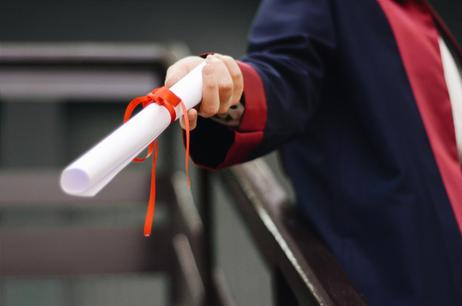In an age of perfect SAT scores, 4.5 GPAs, and the most competitive college admissions in history, some students are gaining an edge by obtaining their associate's degree before their high school diploma!
Many "underage" students opting to take college courses are enrolled in "early college high schools," Other public schools nationwide provide students with dual enrollment programs that help them earn their associate's degree during high school.
Doubling the Degrees
As a brainchild of the Bill and Melinda Gates Foundation, the "early college high school" trend is growing. Since 2002, more than 200 schools across 24 states and in Washington DC have been designated as early college campuses, according to the Early College High School Initiative. Specifically designed to cultivate the academic achievement of all students across socioeconomic, cultural, and language barriers, these high schools have helped many students obtain their associate's degree or earn credit towards their bachelor's degree – all while enrolled in high school. Better yet, students from these high schools make all this college credit tuition-free.
While most assume that only the "brightest and best" high school students can earn college degrees while in high school, this is not the case. In fact, according to The Washington Post, "Programs that allow students to earn college credit while in high school sound as if they have been designed for the smartest, most



















